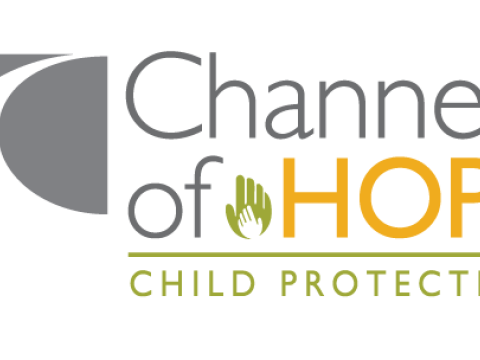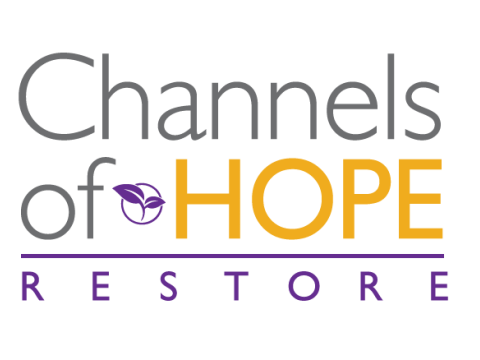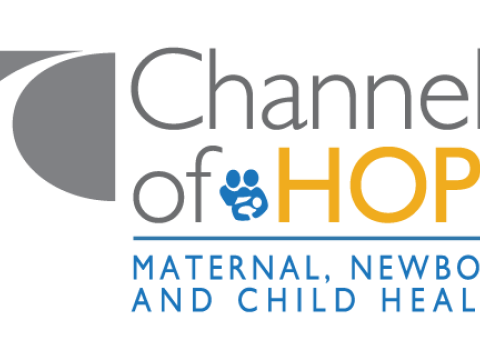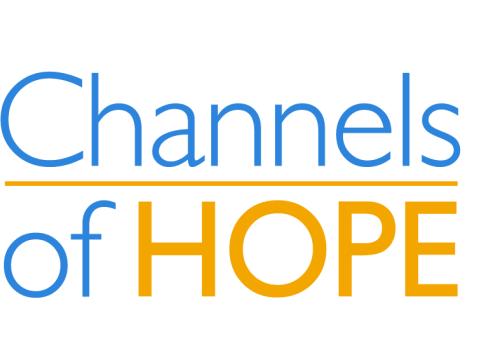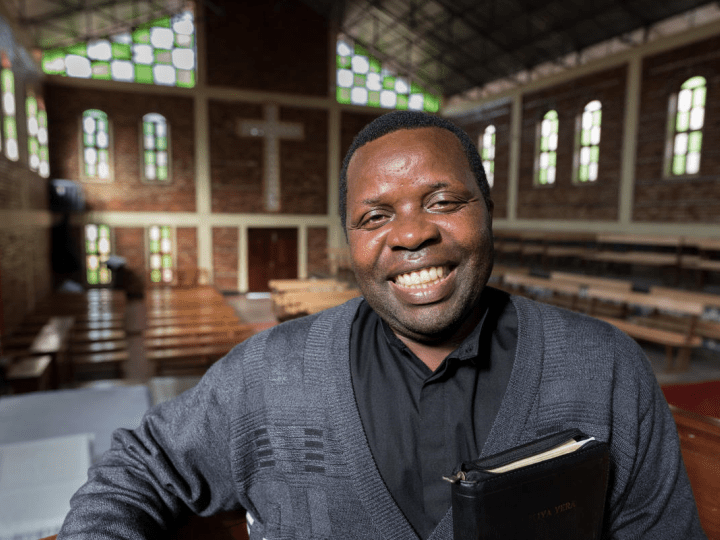
Channels of Hope
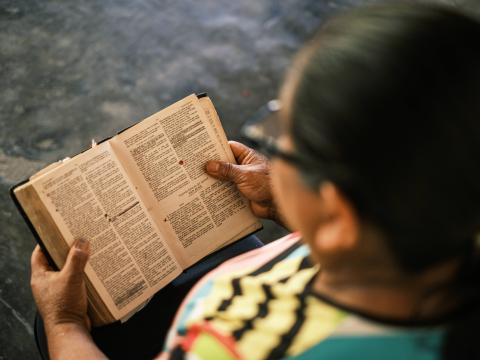
What is Channels of Hope?
Channels of Hope is a World Vision model that works with churches, faith leaders and groups (Christian and others) on personal journeys of transformation, and mobilizes them to take direct, collective action to respond to some of the most difficult issues affecting children in their communities, in contextually appropriate, sustainable ways.
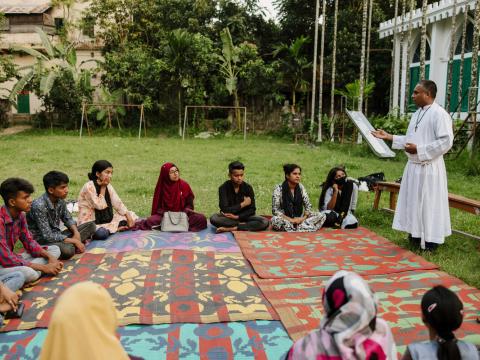
Social Norms and Behavior Change
How faith and faith actors change norms and behaviors:
Personal faith can empower or disempower individuals in their self-confidence and how divine will is perceived.
Churches, faith leaders, and faith communities can enable or block access to child well-being–related information and resources. They can dispense rewards, affirmations, sanctions, or disapproval for certain behaviours. They can also influence an individual’s beliefs about the rationale, risks, or consequences of behaviours, as well as their confidence in their own ability to change.
At the societal level, faith and religion underlie many social norms and cultural practices. They provide the context for cues to action through religious practice, rites, and expressions of obedience or faithfulness. They also shape policy implementation by faith leaders, both within their faith communities and in broader religious institutions.
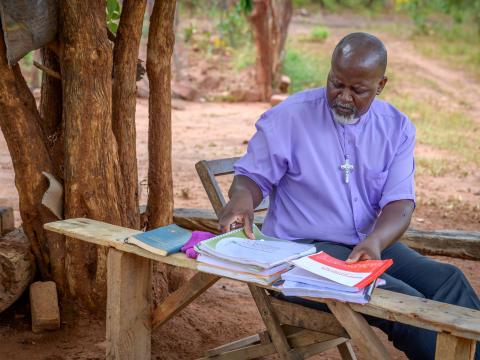
How It Works
The Channels of Hope Journey
Channels of Hope engages church and faith leaders through structured phases of activity which draw heavily on the CoH methodology.
To equip them with the knowledge, attitudes, practices and motivation to address child well-being issues.
To learn more about the Channels of Hope Journey and how to become a Channel of Hope see the resources and quick links below.
Resources & Quick Links
- Download full CoH User Guide (36 pages)
To learn more, check out the Channels of Hope e-Orientation: Fill out this registration form, and we’ll set up a guest account for you in the World Vision eCampus platform. If you require further information or technical assistance, please contact the fieldlearningsolutions@wvi.org.
With questions about becoming a Channels of Hope Facilitator, contact channels_of_hope@wvi.org.
Explore the model versions
Channels of Hope exist in several different versions, each that contributes to different outcomes and addresses specific root causes. To explore the model versions, click on the boxes below:
The copyright and licensing agreement for Channels of Hope is owned by World vision International. Channels of Hope was developed based on the ‘Churches, Channels of Hope’ materials originally developed by the Christian AIDS Bureau for Southern Africa (CABSA) with a focus on HIV and AIDS. In 2005, WVI signed a licence agreement with CABSA to utilise the approach. For more information about CABSA and their programmes, visit their website: www.cabsa.org.za.
